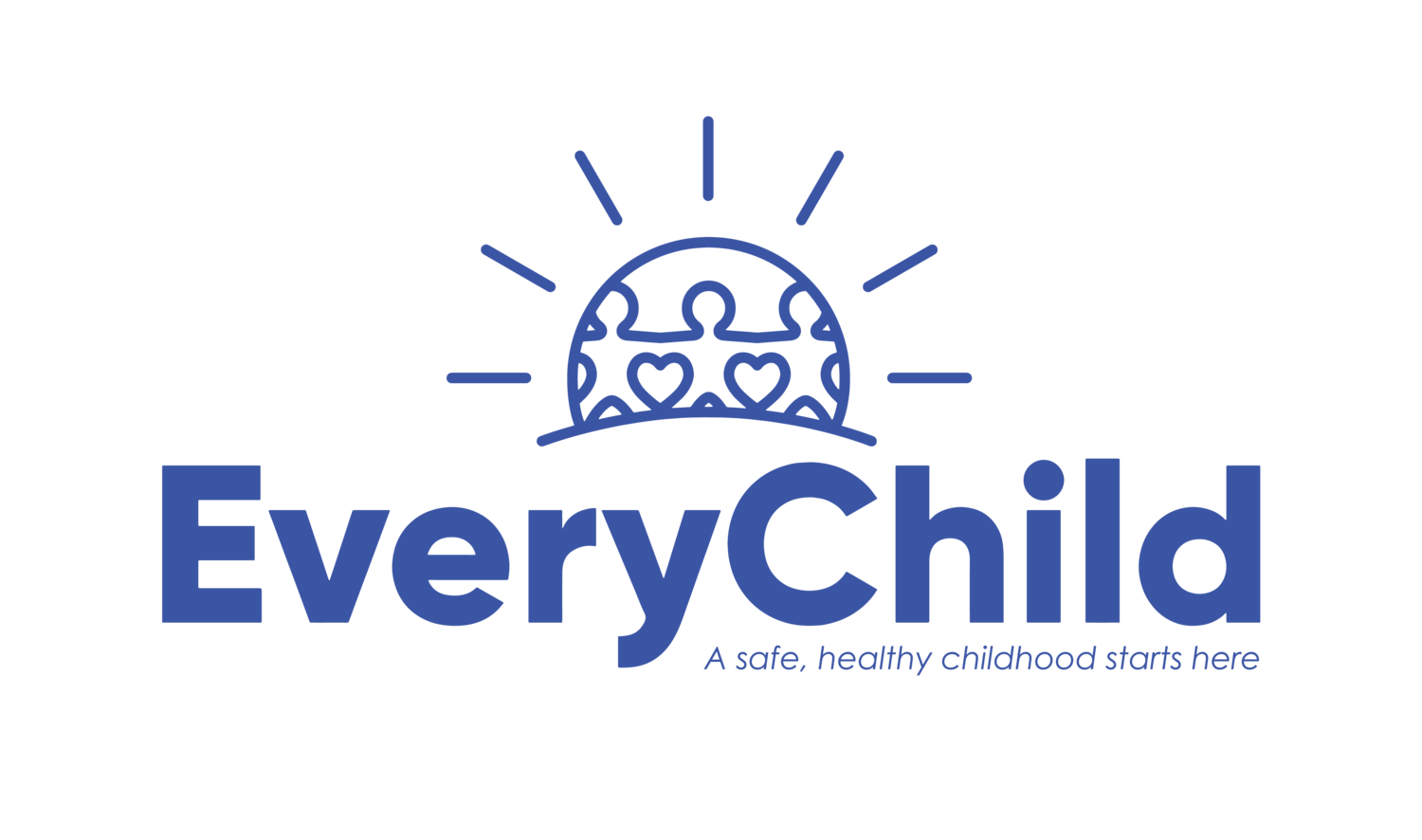CASA
Work to make a child's voice heard in court.
Court Appointed Special Advocates (CASA) for Children is a national network of 951 community-based programs that recruit, train and support citizen-volunteers to advocate for the best interests of abused and neglected children in courtrooms and communities.
Rock Island County currently has 24 volunteer advocates. The advocates are empowered directly by the courts and offer judges the critical information they need to ensure that each child’s rights and needs are being attended to while in foster care.
What does a CASA do?
Works to make a child's voice heard in court.
Works to protect a child's safety and well-being in and out of the court room.
Works to make sure children will be placed in a safe and loving home.
Respects a child's right to privacy and does not share any information about a child unless it is for their safety.
Cares about what a child has to say and help support their needs.
What does CASA do with a case?
A CASA meets with a child to find out how things are going in a child's foster home, their parents and their school.
A CASA gathers information from other people involved in a child's life and their family.
A CASA writes a report for the judge to use in the next court hearing.
How long is a CASA involved?
A CASA can work with a child as long as their court case is before the court.
How can you become a CASA volunteer?
No special background or education is required to become a CASA volunteer. We encourage people from all cultures and professions, and of all ethnic and educational backgrounds.
Once accepted into the program, you will receive all necessary training. Volunteers are trained in courtroom procedure, the social service system and the inner workings of the juvenile court system. Understanding more about family dynamics and the development of children is also discussed during training.

Apply to be a CASA
Contact us to learn more
To learn more or to volunteer, contact Lyss Chiampi at LyssC@foreverychild.org
Thank you to our partners
This project is supported by funds awarded through the Illinois Criminal Justice Information Authority. Points of view or opinions contained within this web page are those of the author and do not necessarily represent the official position or policies of the Illinois Criminal Justice Information Authority.



